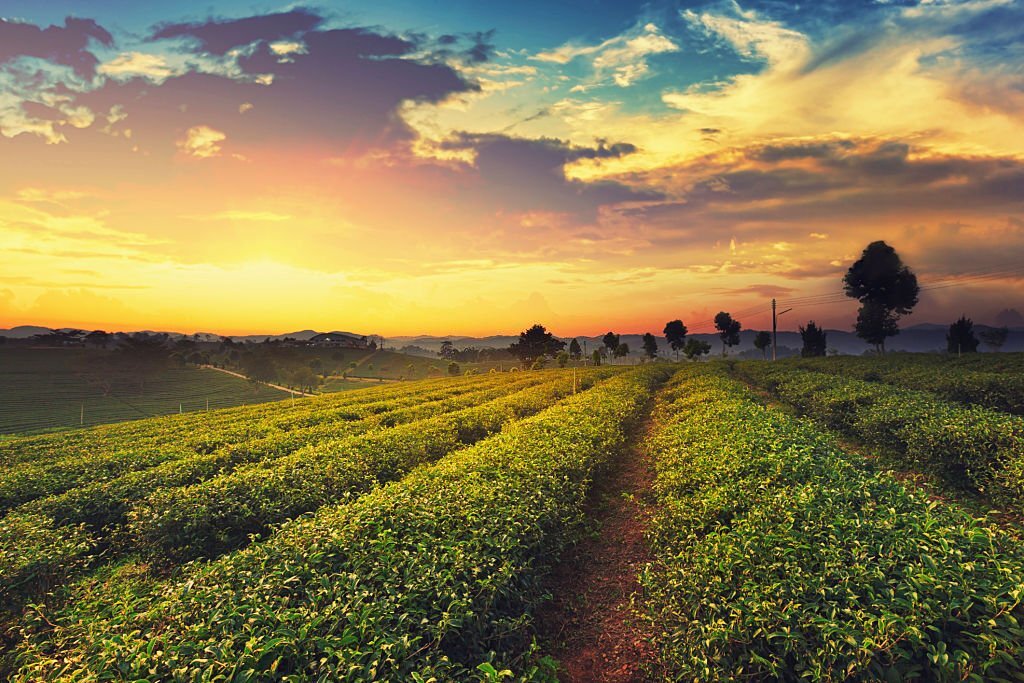
The practice of farming began ten thousand years ago in the region of the Middle East, known as the “Fertile Crescent,” enabling us to produce an abundance of food that helped establish the very first urban communities.
Since the turn of the millennium, farmers have used organic soil fertilization, such as manure, which is very helpful in growing crops. However, as technology has evolved, there has been a significant increase in industrialization, and chemical fertilizers have emerged. Calcium nitrate, the beginning of synthetic fertilizers, came out in 1903. Nevertheless, these forerunners unintentionally started a series of events that still have an impact on us today. These products can contaminate the environment, penetrate water supplies, and damage ecosystems.
Switching to organic fertilizers will be beneficial for plant growth, as you will be using natural and chemical-free products. Yet even organic fertilizers require testing and verification. That’s where the Organic Materials Review Institute (OMRI) comes into play.
What does OMRI Mean? OMRI is an independent non-profit organization that evaluates how suitable particular inputs, such as animal feed, fertilizers, and insecticides, are for the production of consumer-purchased organic cattle. In short, OMRI’s role is to ensure that the product used to grow organic crops is actually organic.
What does it imply for organic farming? OMRI is a kind of litmus test to ensure that the market is dealing with food that is actually grown organically. To ensure they are buying organic-grade fertilizers, livestock food pellets, and other input goods appropriate for organic farming, farmers can refer to OMRI’s Brand List. At Fitochem, we provide OMRI Organic Products that assist agronomists in improving the fertility and productivity of the soil. Being capable of choosing OMRI listed pesticides and fertilizers will lead you to organic farming for continued growth and ultimately, the conversion to the norm of the entire agricultural sector.
What are the benefits of organic farming? We are all seeing how the issue of environmental impact is rapidly growing, so shifting towards more sustainable and organic practices across all sectors is a primary objective. One of these sectors is organic farming, which has enormous advantages for the future of our food:
Less environmental damage: In comparison to conventional farming, organic farming does not cause as much damage to the agriculture ecosystem. Organic fertilizers prevent harsh environmental damage by not leaking into the land or water supplies. A lot less soil erosion also occurs.
Eradicates human risk: When we use fewer chemical fertilizers in agriculture, there is less risk to human health. Products for pest control that are OMRI-listed have far lower harm potential than their chemical competitors.
Enhance nutrition and flavor: Have you ever noticed that whenever you have organically grown food, it tastes so different and much better? Moreover, organic produce has a higher nutrient density than produce from conventional farms.
OMRI-listed products assist you in creating a completely organic production chain from seed to store, lessening the dependence on chemical fertilizers and other artificial products that could persist in damaging the atmosphere. Our company strongly believes in and supports organic farming. We offer a selection of high-quality, OMRI-listed products that are valuable in various ways. To know more about us or buy OMRI listed products, visit us at: 552-625-4136

